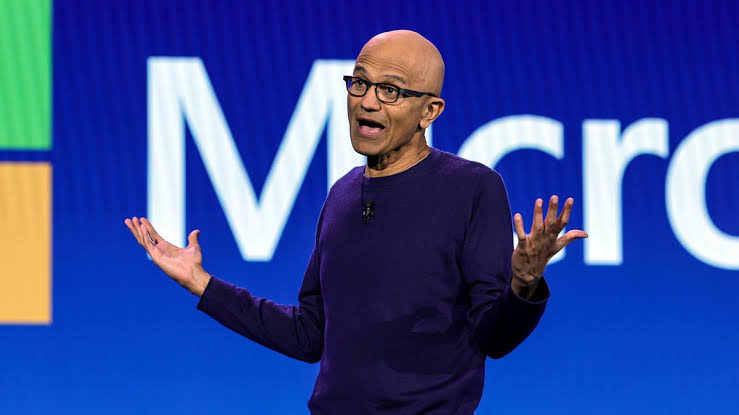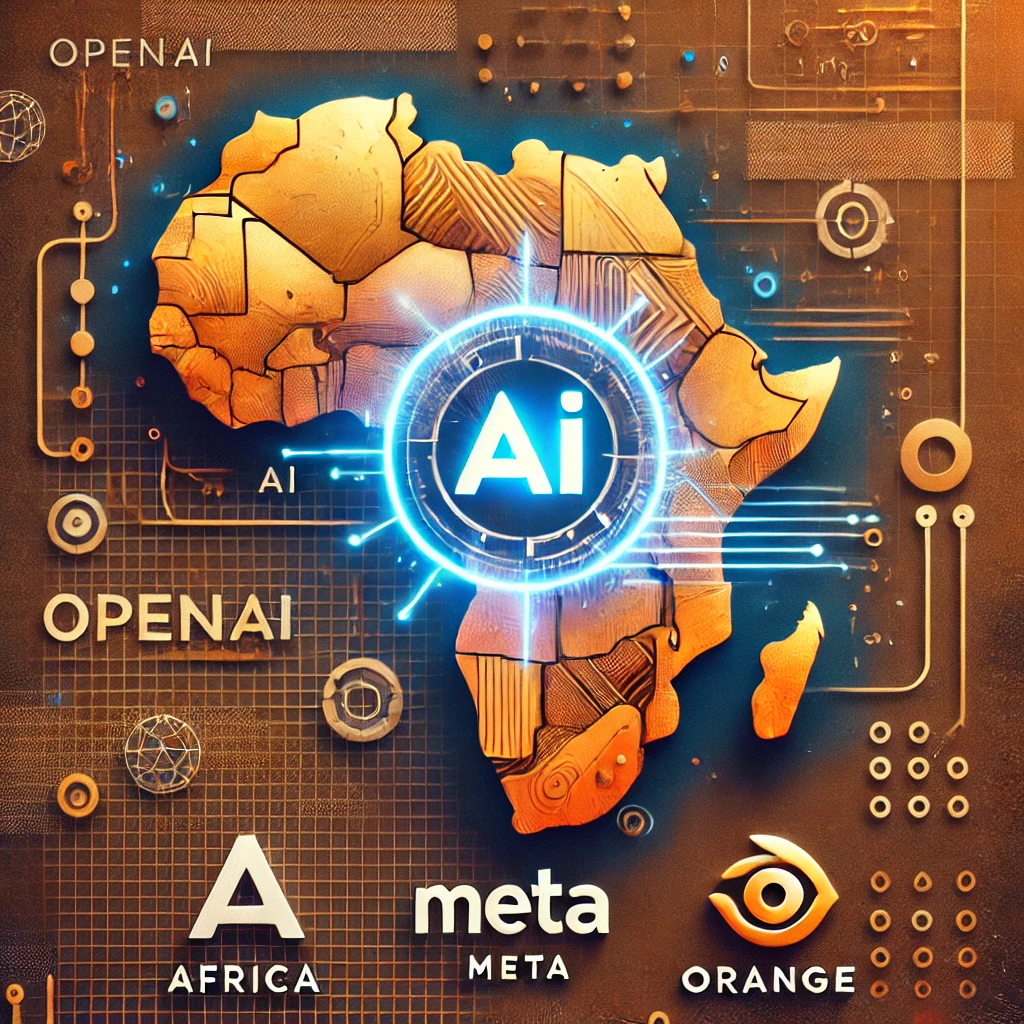Higher education is a vital part of giving people power and promoting long-term growth. But, in developing economies, getting a good education is often challenging because of a lack of funding, dilapidated infrastructure, and inadequate teaching methods.
Generative AI is a new technology that will change how people learn and open up new ways for these areas to grow sustainably.
Read also: G7 urges ‘responsible’ use of Generative AI
Personalised Learning, Empowered Students:
One of the primary strengths of Generative AI lies in its ability to personalise learning experiences. Imagine intelligent AI tutors that adapt to individual learning styles and paces, creating customised study plans and offering targeted feedback. It eliminates the “one-size-fits-all” approach common in resource-constrained settings, enabling students to maximise their learning potential and overcome limitations imposed by large class sizes or inadequate teacher-to-student ratios.
Beyond the Classroom: AI-Powered Research and Innovation
Generative AI isn’t just about classroom instruction. It can empower students and researchers to tackle real-world sustainability challenges in developing economies. AI tools can analyse vast datasets to identify environmental issues, predict weather patterns, and develop sustainable agricultural practices. Students can even collaborate with AI to design innovative solutions for energy efficiency, waste management, and climate change mitigation, driving positive change in their communities.
What are the challenges and chances?
Generative AI has a lot of promise, but it needs to be carefully thought out before it can be used in developing economies. Infrastructure problems, tech access issues, and moral worries about data privacy must be fixed.
These problems can be solved, though, with the proper planning and money. When governments, colleges, and tech companies work together, they can ensure everyone has equal access to AI tools and make training programmes to help teachers and students learn how to use them correctly.
A Bright Future for Education:
Developing economies can turn their higher education systems into long-term growth engines by adopting Generative AI. Future generations can get the information and skills they need to solve critical social and environmental problems through personalised learning, AI-powered research, and community-driven innovation.
Even though there are still problems, Generative AI can change the way we learn and help developing economies grow sustainably. The next big thing in schooling is here, and it’s AI.
















